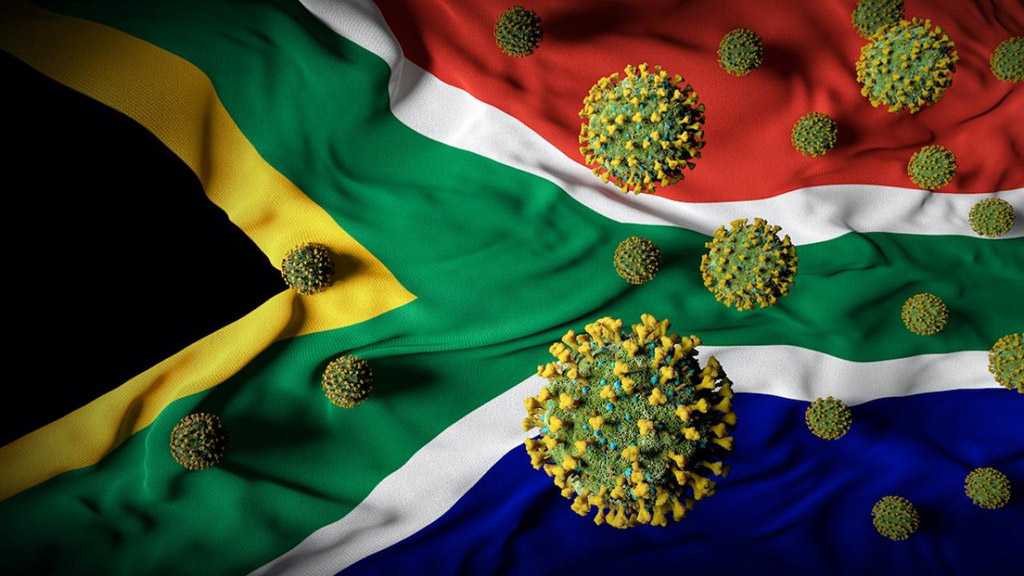Southern Africa-Linked COVID-19 Variant Triggers Concerns

By Staff, Agencies
A new COVID-19 variant with an “extremely high” number of mutations in the spike protein has alarmed scientists due to its potential to dodge antibodies that can fight the virus.
The B.1.1.529 strain is described as an offshoot of an earlier variant called B.1.1 and has 32 spike mutations. In comparison, the Delta variant that is currently dominant across the world has 16. The spike protein is the part of the virus that most existing coronavirus vaccines use to enable the immune system to fight the infectious disease caused by the SARS-CoV-2 virus.
Dr Tom Peacock, a virologist at Imperial College London, noted that the “incredibly high amount of spike mutations suggest this could be of real concern”, as he posted details of the new variant on a genome-sharing website.
He subsequently went on Twitter to strongly urge that this COVID-19 variant be “very, very much monitored due to that horrific spike profile”, while at the same time adding that it may turn out to be an “odd cluster” that is not very transmissible. “I hope that’s the case,” he wrote.
Mutations can not only impact the virus’s ability to infect cells and spread, but also make it harder for immune cells to attack the pathogen. So far only 10 cases of the variant have been spotted through genomic sequencing in South Africa, Botswana and one case in Hong Kong, where the individual in question had recently travelled to South Africa.
The first of the Botswana cases emerged on 11 November, the South Africa cases emerged on 14 November.
Ravi Gupta, a professor of clinical microbiology at Cambridge University, told Science Media Centre [SMC] press office that studies at his lab found that two of the spike mutations on B.1.1.529 increased infectivity and reduced antibody recognition.
“It does certainly look a significant concern based on the mutations present. However, a key property of the virus that is unknown is its infectiousness, as that is what appears to have primarily driven the Delta variant. Immune escape is only part of the picture of what may happen.”
Prof Francois Balloux, Professor of Computational Systems Biology and Director, UCL Genetics Institute, is of the opinion that the variant’s mutations are in “an unusual constellation” that “accumulated apparently in a single burst”.
According to Balloux, the variant could have evolved during a “chronic infection of an immunocompromised person, possibly in an untreated HIV/AIDS patient”. Prof Balloux conceded that it was difficult to predict how transmissible the new variant might be.
“So far, four strains have been sequenced in a region of Sub-Saharan with reasonable surveillance in place. It may be present in other parts of Africa. For the time being, it should be closely monitored and analyzed, but there is no reason to get overly concerned, unless it starts going up in frequency in the near future,” he stated.
It is believed that the governments where the new coronavirus variant has been identified, in South Africa, Botswana and Hong Kong, are aware of the cases. The Delta variant of Sars-CoV-2, since it was first detected in India in December 2020, has become globally dominant. According to the World Health Organization, 99.5% of all COVID-19 genomic sequences reported to public databases are now Delta. The question remains whether some potentially more ominous variant might be looming in the future.




